"If you’re a woman or a girl and feel that you deserve equal opportunity, you’re a feminist," Jane Fonda told CULTURED, when she graced the cover of our issue in 2022. And though the principle of equality may be simple, the practice is often more complex.
Women like Fonda make great art just like men of her ilk do, have partners and children, lead movements—yet still face the sometimes poignant, often condescending, question of if a woman can really have it all. Does great art require selfishness? Does exemplary motherhood or marriage or collaboration require complete selflessness? Society glorifies both the visionary artist and the devoted homemaker, yet rarely makes space for two archetypes' intersection.
This Women's History Month, we've revisited our conversations with creatives of all kinds who are navigating making work, speaking up for the causes they believe in, getting in and out of relationships, and building families in the public eye. Of course a woman can have it all, but god if they don't make it difficult sometimes.
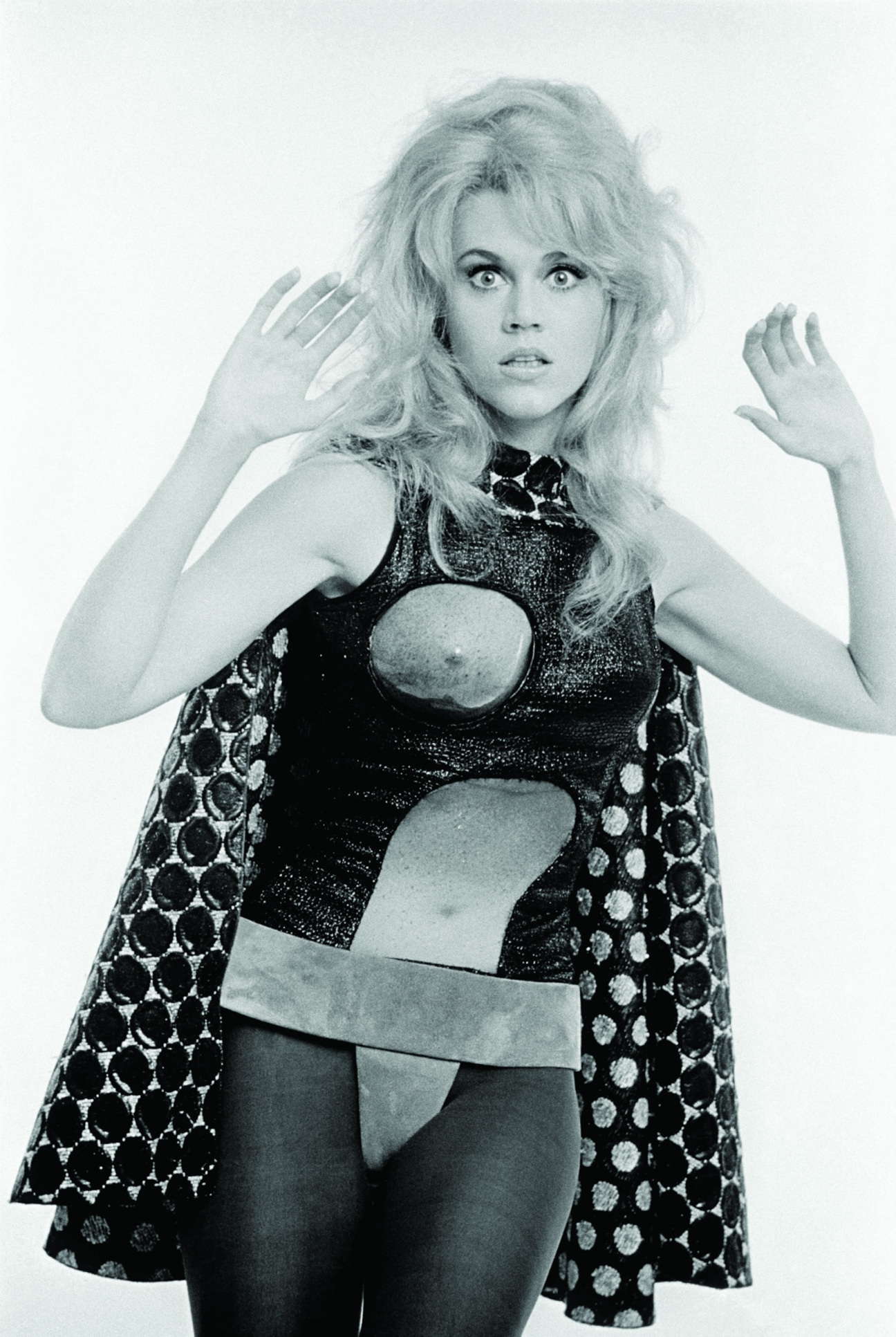
Jane Fonda, actor and activist
“Feminism is not matriarchy. No, it is purely and simply about democracy. It means that all genders have equal rights, equal opportunities, and equal value to be heard. Women are very powerful, and I think that has been very frightening for people of other genders. One of the ways that men control women is by taking away their rights, including their reproductive freedoms. Keep women pregnant and that’ll curtail what they can do in their lives. The way women govern, the way women conduct friendships, the way women solve problems—all of these things are what are going to save us if anything is going to save us. The important thing to keep in mind is that feminism equals democracy. Unless you like plutocracy or autocracy, you’re a feminist. If you’re a woman or a girl and feel that you deserve equal opportunity, you’re a feminist.”
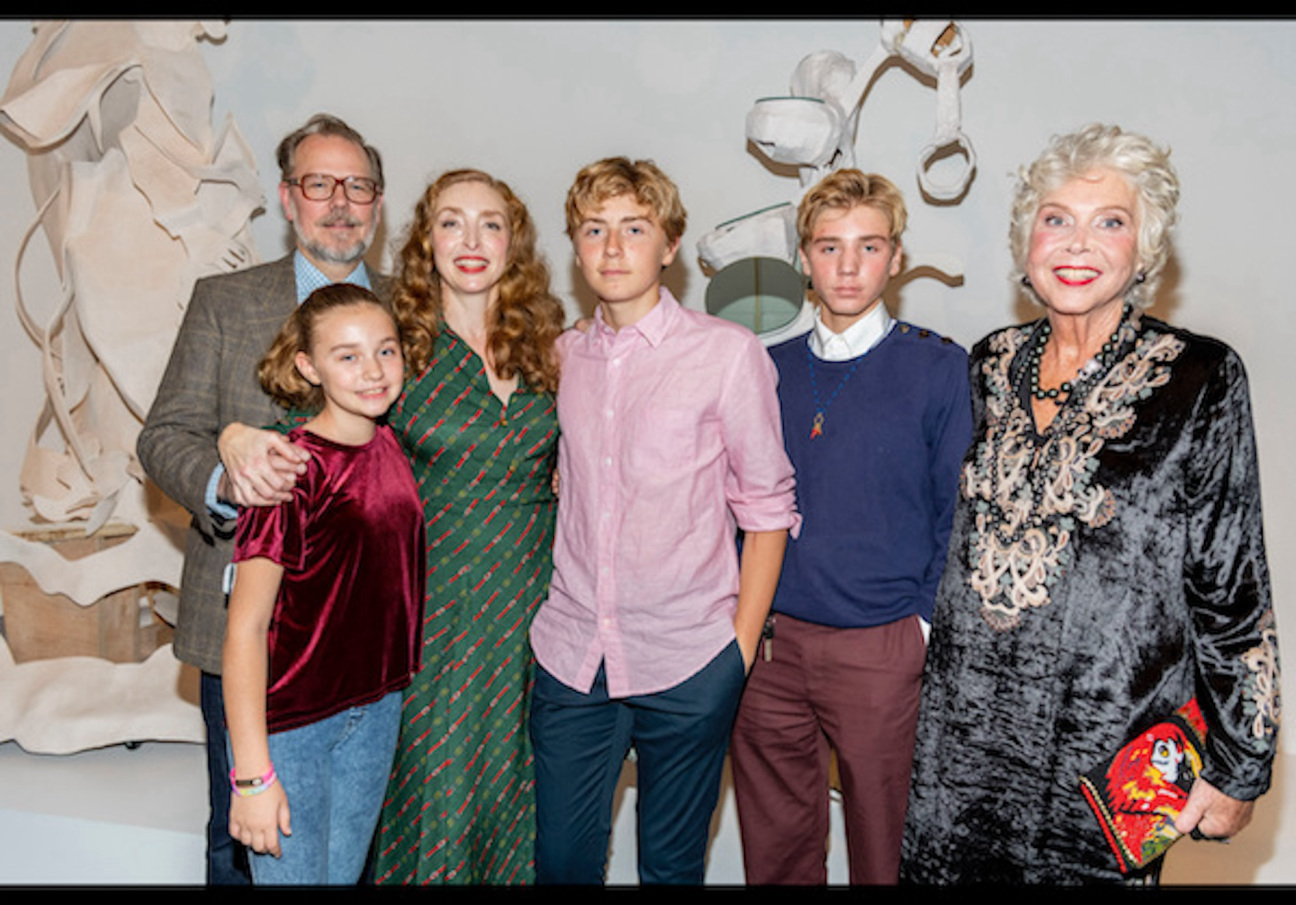
Rachel Feinstein, artist
“I have been quite obsessed with the contradiction of being an artist and a mother since my first child was born in 2003. I believe that the criteria to being a great artist in our current world is completely the opposite to the ones needed to be a great mother. Think of the most famous artists that first come to mind—Picasso, Pollock, de Kooning—and do you immediately then think, Wow, they were all such generous and kind people as well, or great husbands or fathers? No! Part of being lauded as great artists is that they were selfish and only thought of themselves and their art to the exclusion of everyone around them, including their wives and children. These great artists sometimes sucked the energy and life out of their family and used it in their art to make it better, and art history loved these sad backstories.
The real tragedy is that society craves for the great artist to be an awful human because the very monstrousness creates magic in the combination with talent. If an artist is a good person, especially a woman artist who is also a good mother, it somehow makes her art not legitimate. Society feels that she spends too much of her focus on her children and not her art. I struggle with this contradiction as a person who wants to be both a great artist and a great mother and human. I constantly feel guilty about not being a better mother when I am making a big show, or then feel guilty that I am not making great art or spending enough time at my studio when I feel like I am being a great mother and spending time with my kids.”
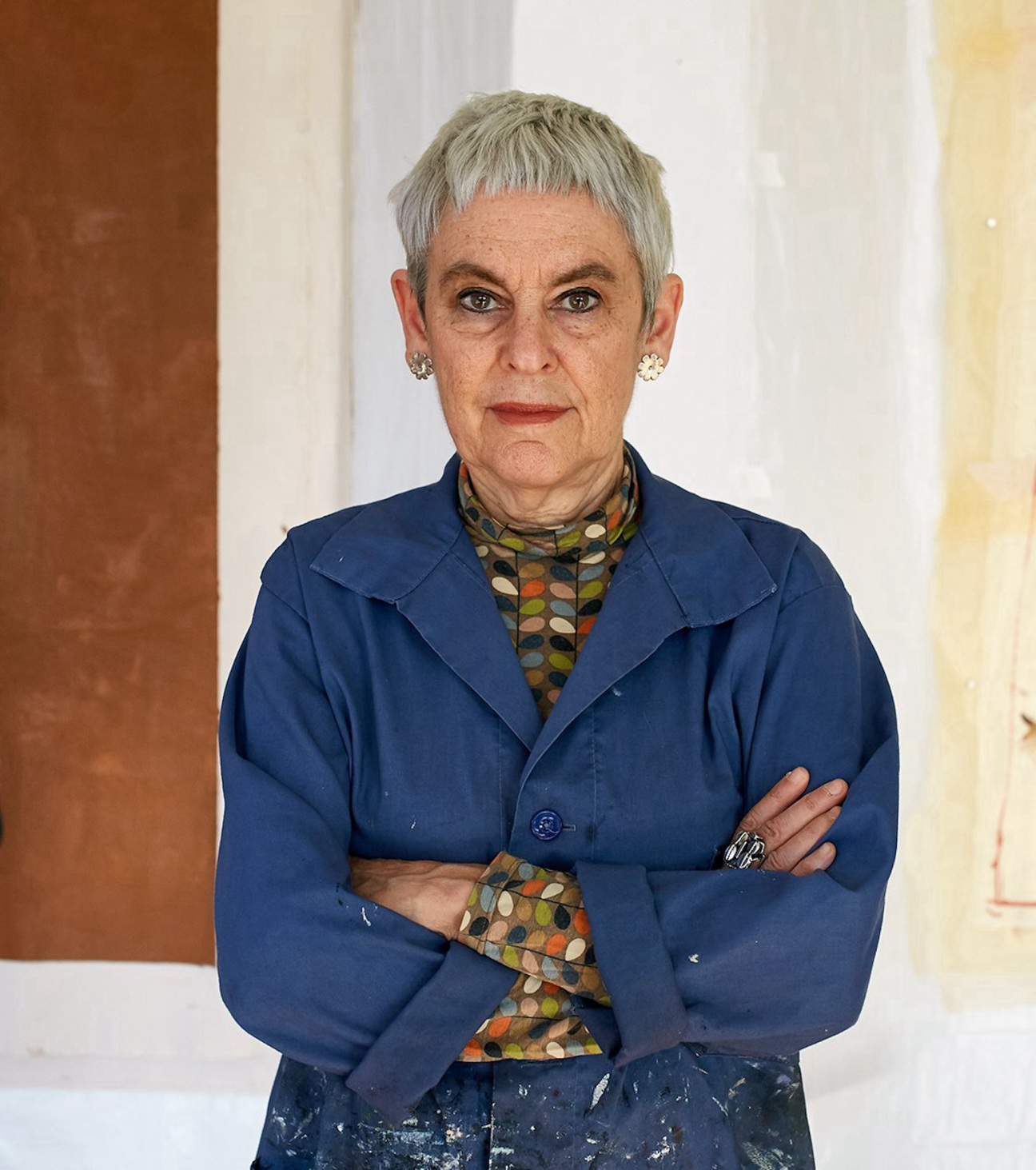
Mira Schor, artist
“My mother was [first] a painter. When my father died, she quite rightly figured that she couldn't support two children with painting, so she thought, Why don't I sit down at his desk and just finish the small pieces left on his work table? She really found herself in a sense; the resistance of metal turned out to be a magical space for her. Nothing could redeem the catastrophe of my father dying, but in another way it redeemed the lives of me and my older sister to suddenly have this mother who was doing this beautiful work that we loved and with which she supported us. She really was a true model of feminism in action and an American success story.”
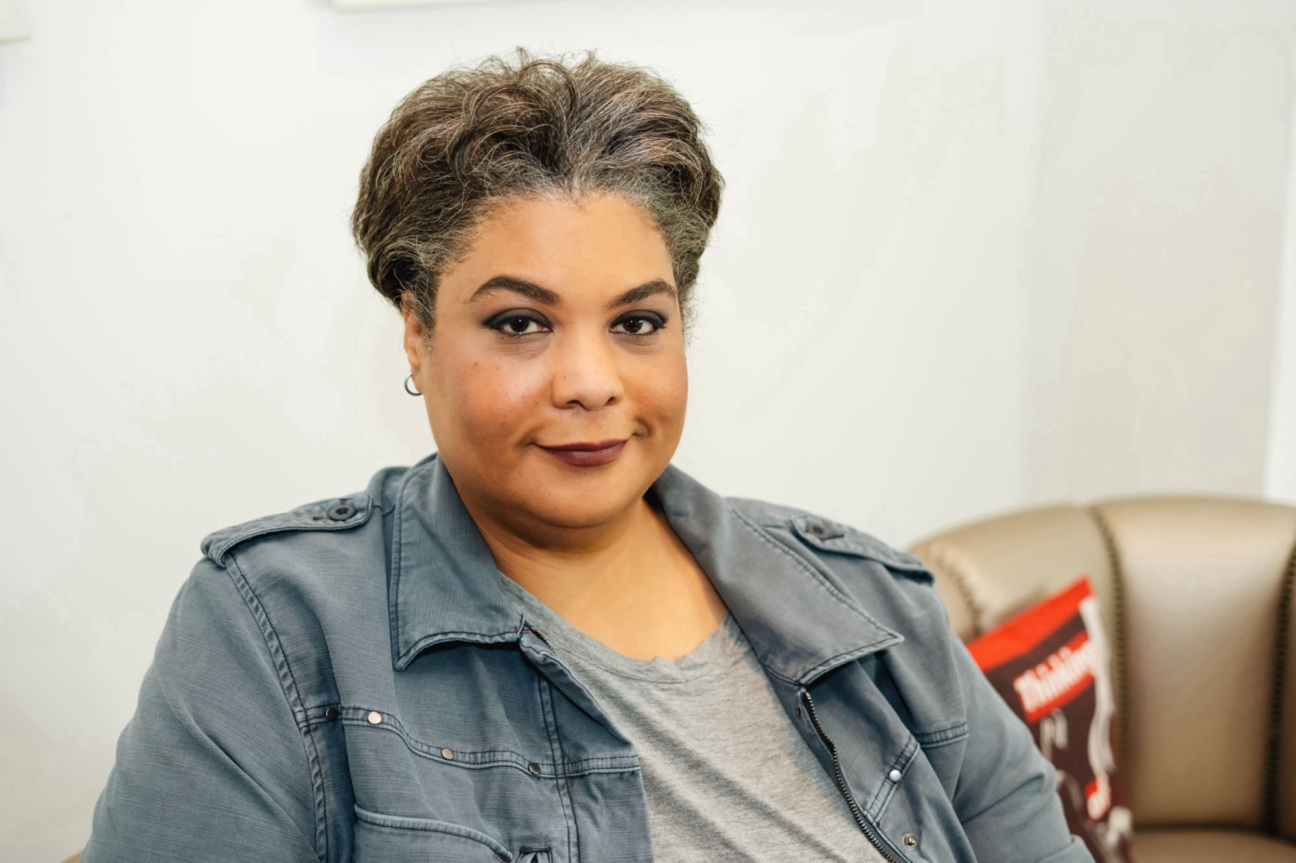
Roxane Gay, writer
“People really resent Black women having opinions, because they don't think we deserve them. But Black women are often the canary in the coal mine. We say, 'This is going to be a problem,' and people don’t listen. Then later, when it is actually a problem, they're like, 'Oh, you were right.' Freedom is a responsibility. I believe in freedom of speech.
Historically, it has always been difficult for certain groups to express their opinions, but it used to be easier to engage with difference. Partially, we are seeing a lot of extremes. In conservative politics, they are trying to erase most of us from public life. Worse, people can't tolerate disagreement. The other day, I read a negative review of Beyoncé’s Renaissance concert—the author has been getting death threats. Do you think Beyoncé wishes death threats upon people with a critical opinion of her?”
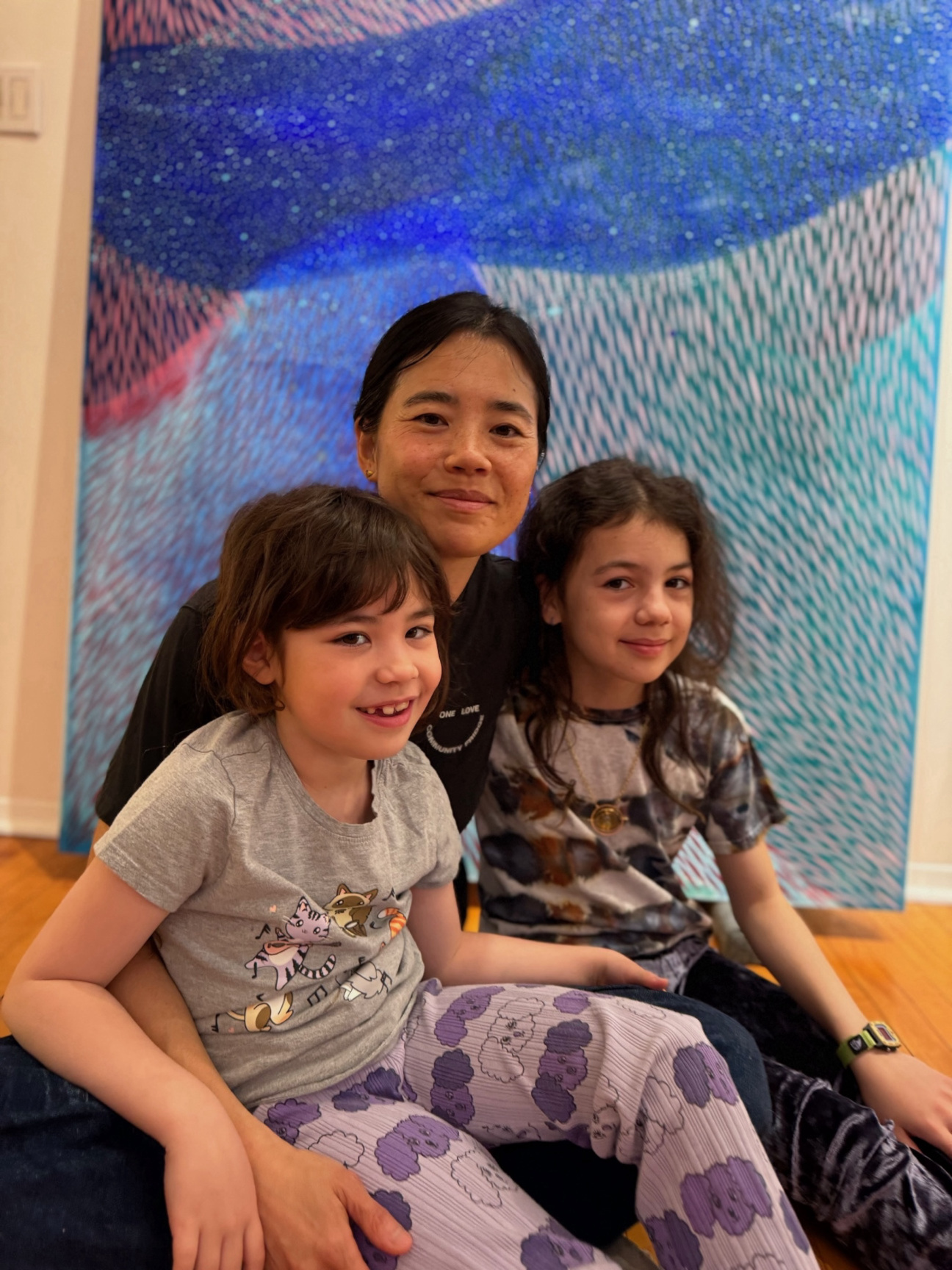
Julia Chiang, artist
“When you’re a parent you never stop parenting and when you’re an artist or a creative, that never stops either. There’s probably a healthy way to turn it all off, but so far I have not figured that out. So it’s all going all the time and there’s no real balance; for me it’s more figuring out how to be present in what I’m doing in that moment and trying really hard to make time for as much as I can while still missing things and not finishing things and constantly feeling like I’m dropping the ball but trying my best. And I’m someone that feels so fortunate to have a present partner, supportive help with the kids, and the ability to have a flexible schedule, but I’m not sure if I’ll ever feel balanced!”
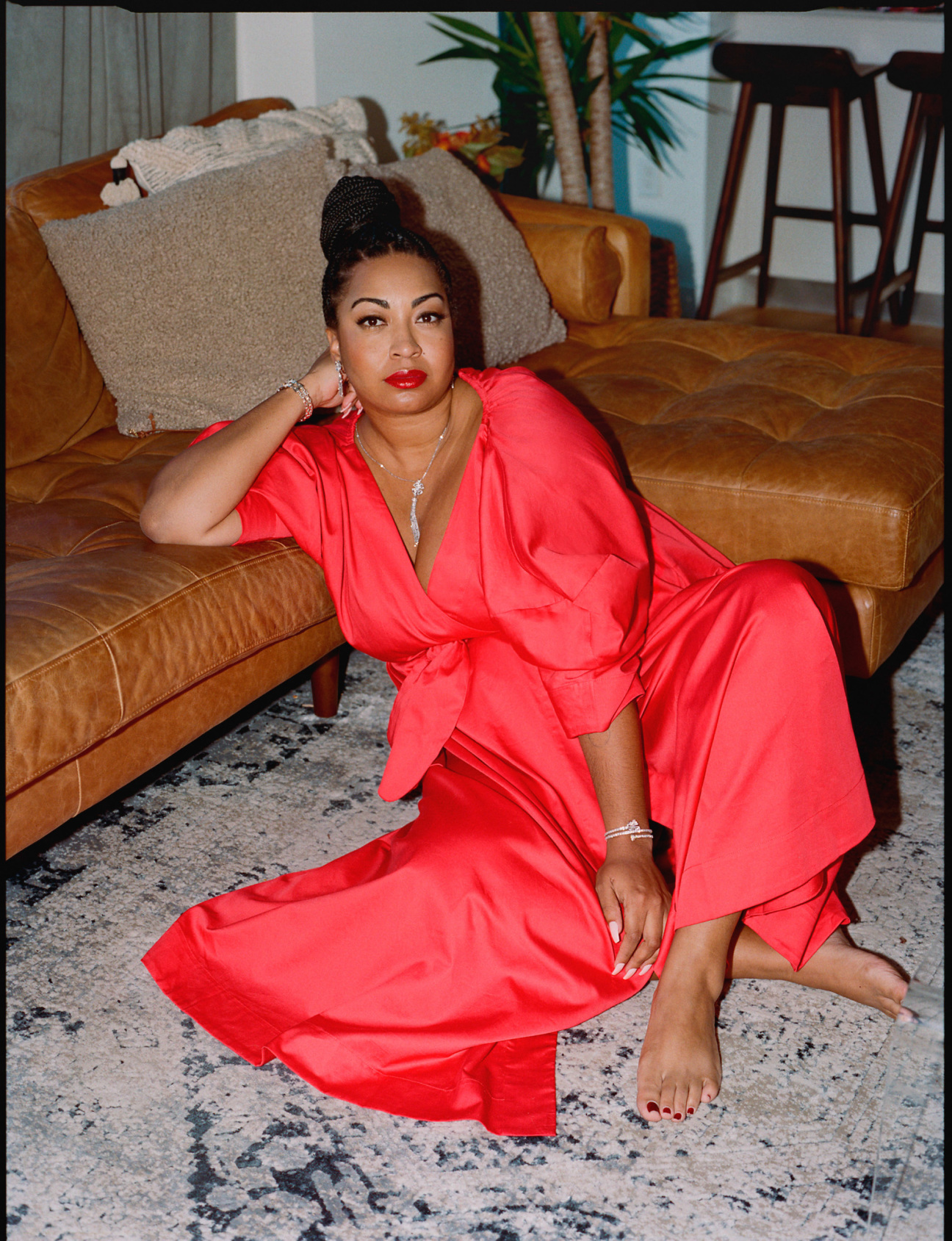
Rachel Cargle, writer
"As women, we are taught not to trust ourselves, and to believe any voice besides the one that knows us best—our own. We are destined to become an amalgamation of what others think we should be: a mother, a lawyer, a 'lovely daughter,' perhaps even a mistake. This ancient societal framework leaves us with little room to chisel out a self that we define.
It reminds me of an adage that I’ve often been told: Women used to 'be more loyal back in the day.' I cringe at the suggestion. 'Back in the day,' women had even less opportunities to assert agency than we do now. They couldn’t simply decide that a marriage wasn’t a good fit—they had to consider what life as a divorcée would mean for their livelihood. While this is still true for many, resisting these expectations was unimaginable before—I certainly don’t believe all women were merely doting wives. The truth is, my divorce was what germinated my relationship with my courage. I made the conscious decision that doing the hard thing was worth it for my well-being: For the sake of kindness, for the sake of possibility, for the sake of self.”
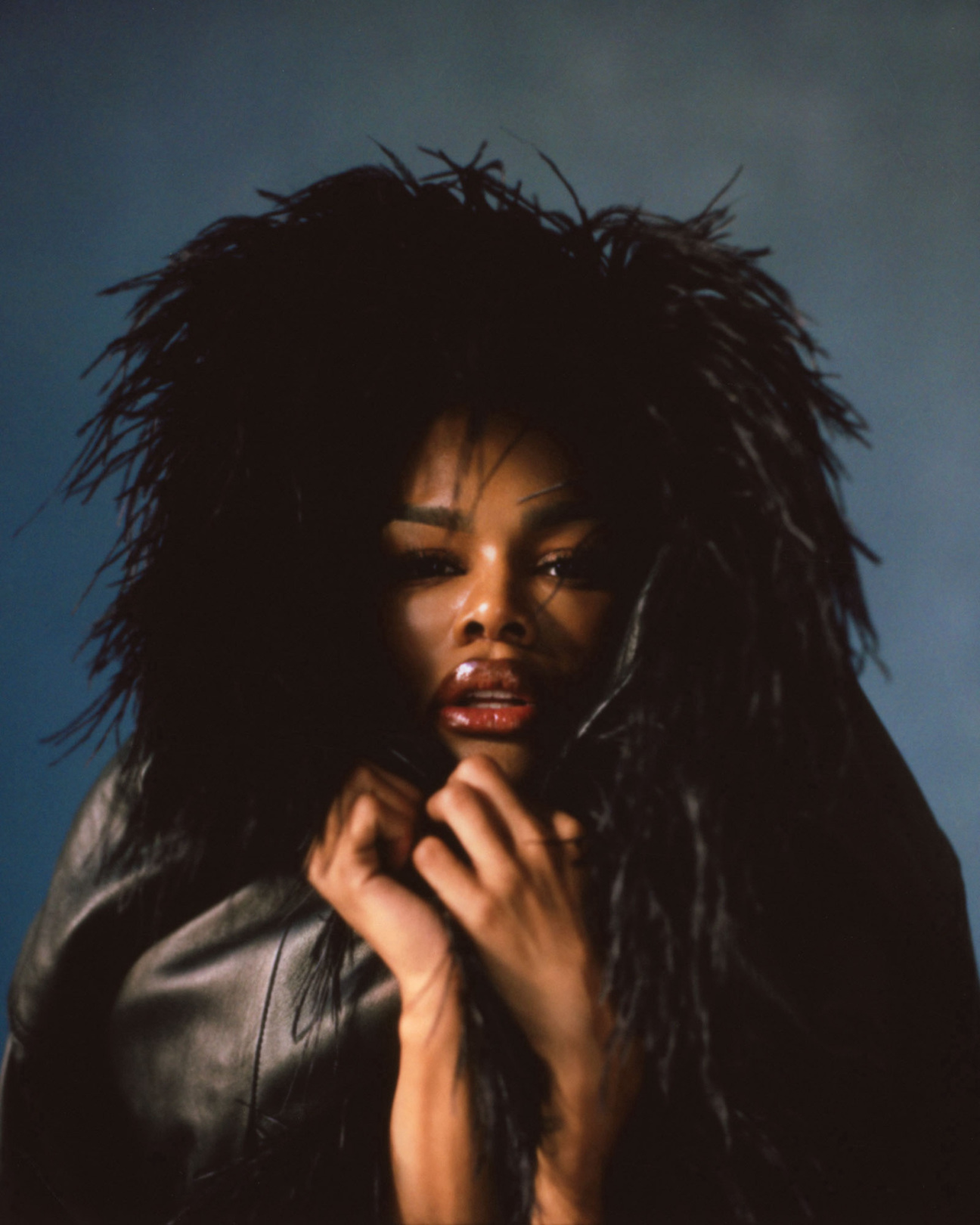
Teyana Taylor, musician and actor
“I’m a Renaissance woman. A lot of people tell me that, and I love it. I don’t have to do anything. I would never trap myself in a box. You just have to follow your heart.”
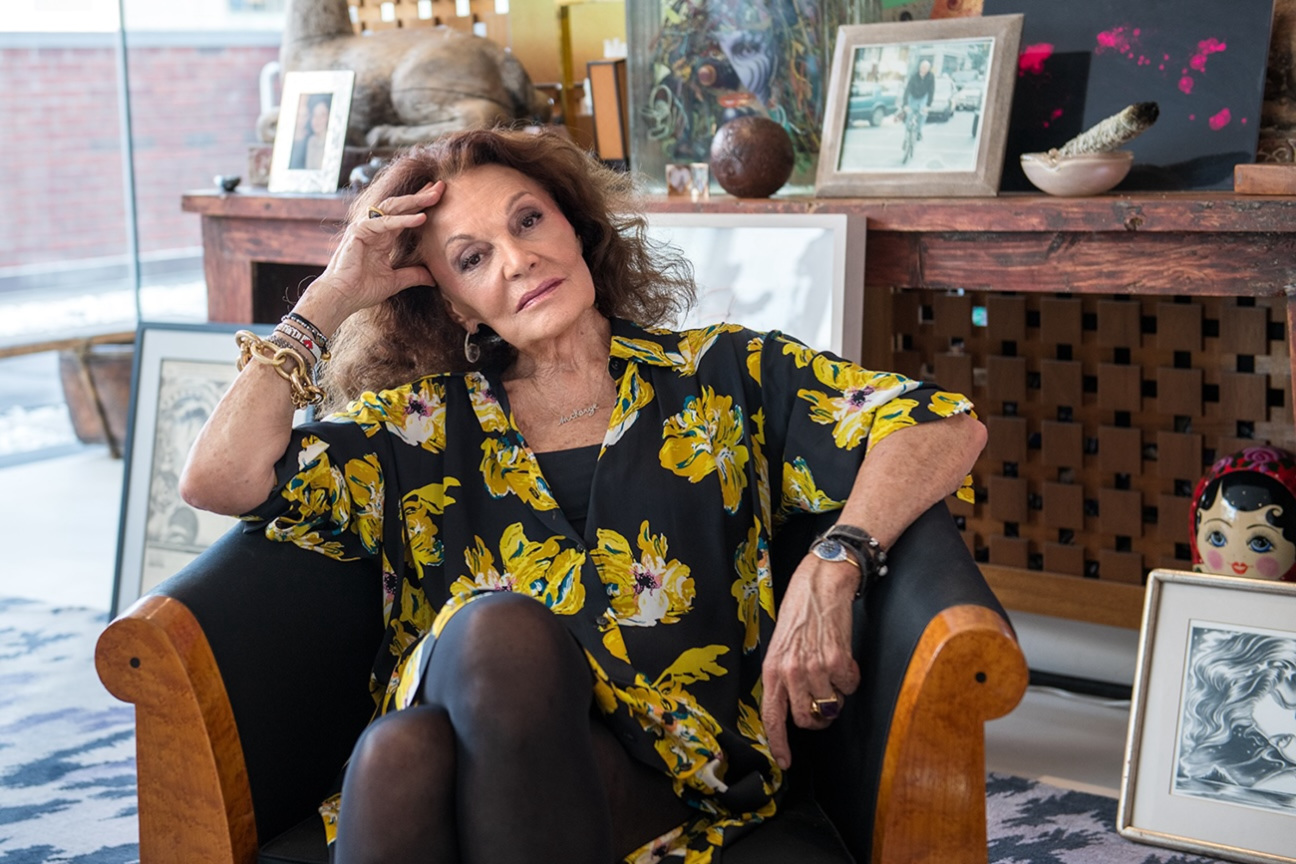
Diane von Furstenberg, designer
“I didn’t know what I wanted to be when I was growing up, but I knew the kind of woman I wanted to be—one who was in charge. I was very lucky because I became in charge very early in life, and it was because of a little dress. That little dress connected me with other women because they could try the dress and feel that confidence. So, I became a conduit very quickly. I connected with thousands of women, and it became like a movement—this idea of being in charge. And then I thought, What does it really mean to be in charge? To be in charge is not an aggressive statement. It's a commitment to yourself. It's owning who you are. You own your imperfections—they become your assets. You own your vulnerability—it turns into strength, right?
But lately, I’ve realized that once you have that, it should be a daily practice. You cannot lose yourself when you're super successful; you have to bring yourself down. Don’t believe your own hype—be humble. When you're not doing well, and you’ve just failed or got fired or whatever, you should say, ‘Okay, that door closed; it’s for another one to open.’ But the relationship you have with yourself, you have to use that every day, always.”
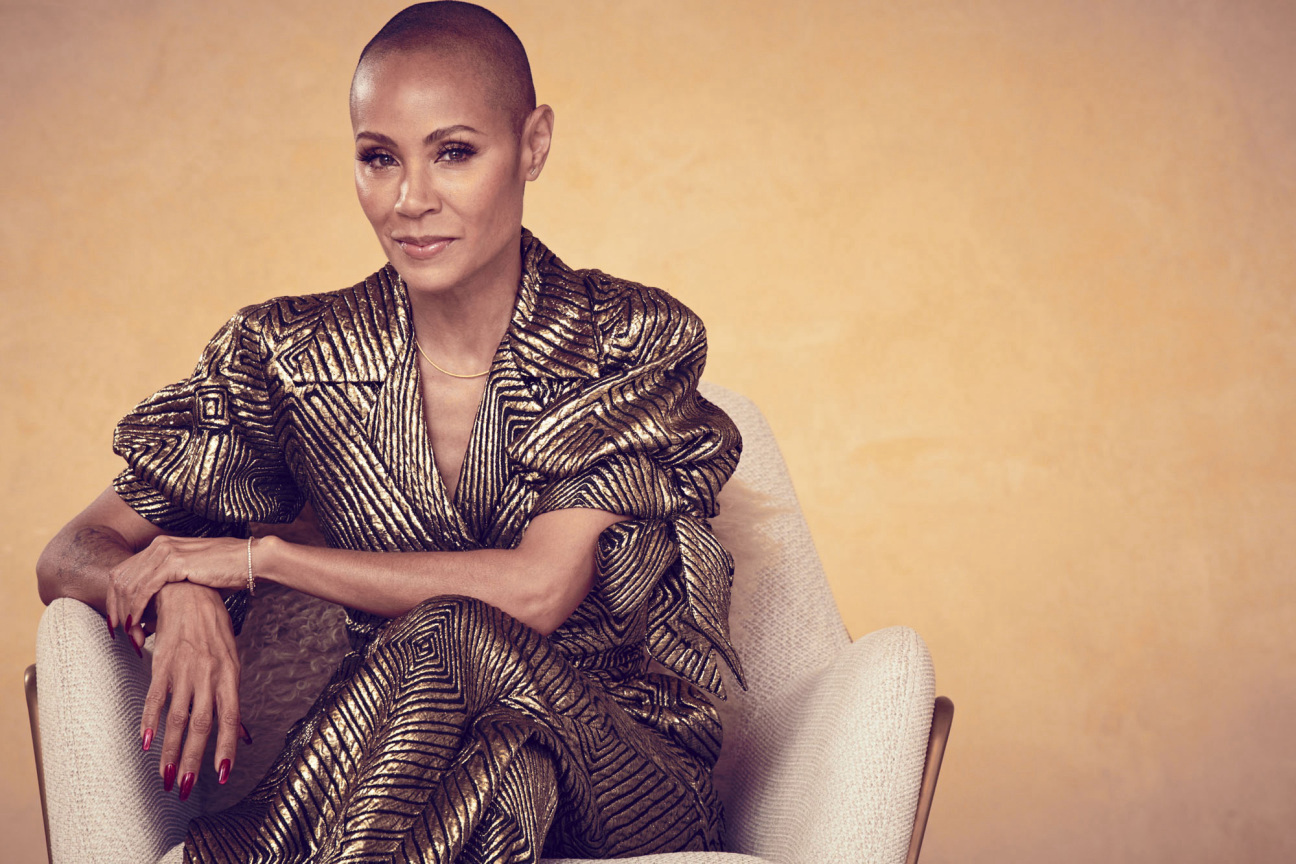
Jada Pinkett-Smith, actor and TV host
"When extreme things happen culturally, [people are] not encouraged to form their own opinions. A lot of times I have to be like, 'I don't know enough, period.' I'm willing to take the heat, but there have been times when I've shared and I'm like, Damn if I had just waited a little longer… I've learned to resist the pressure of people going, 'You gotta say something now.'"

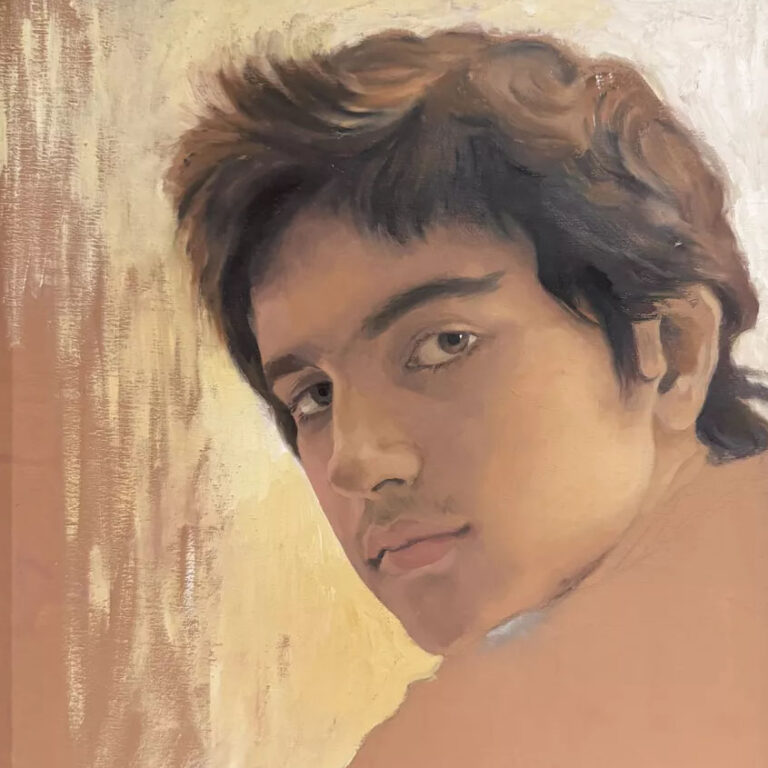
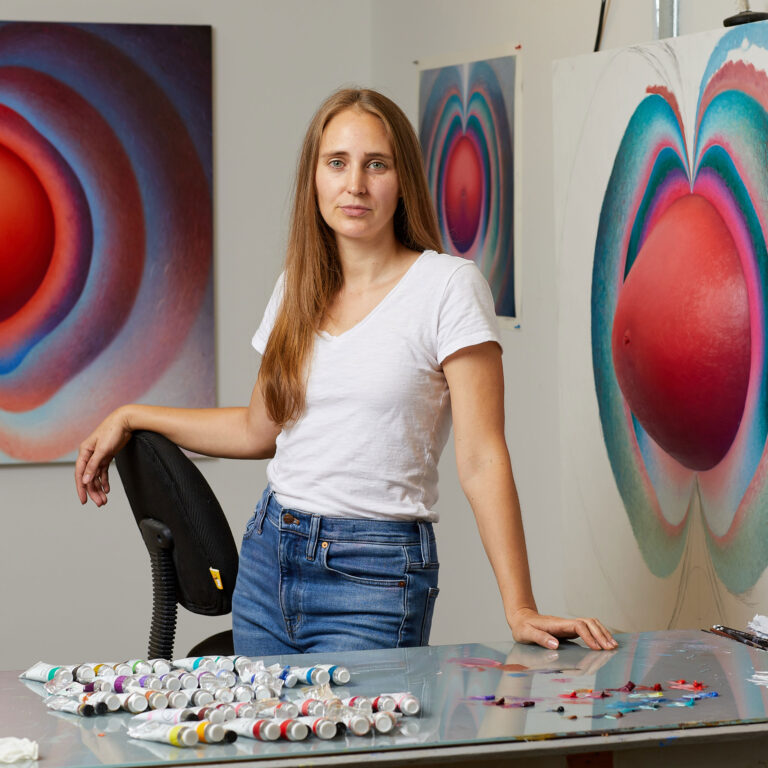

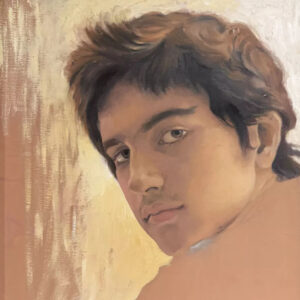
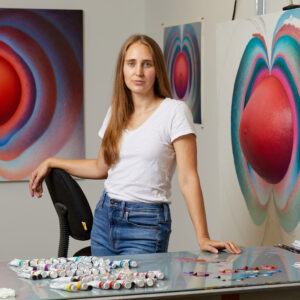




 in your life?
in your life?

